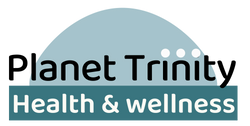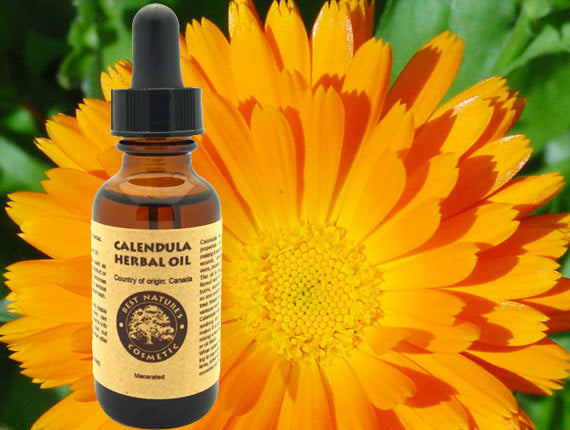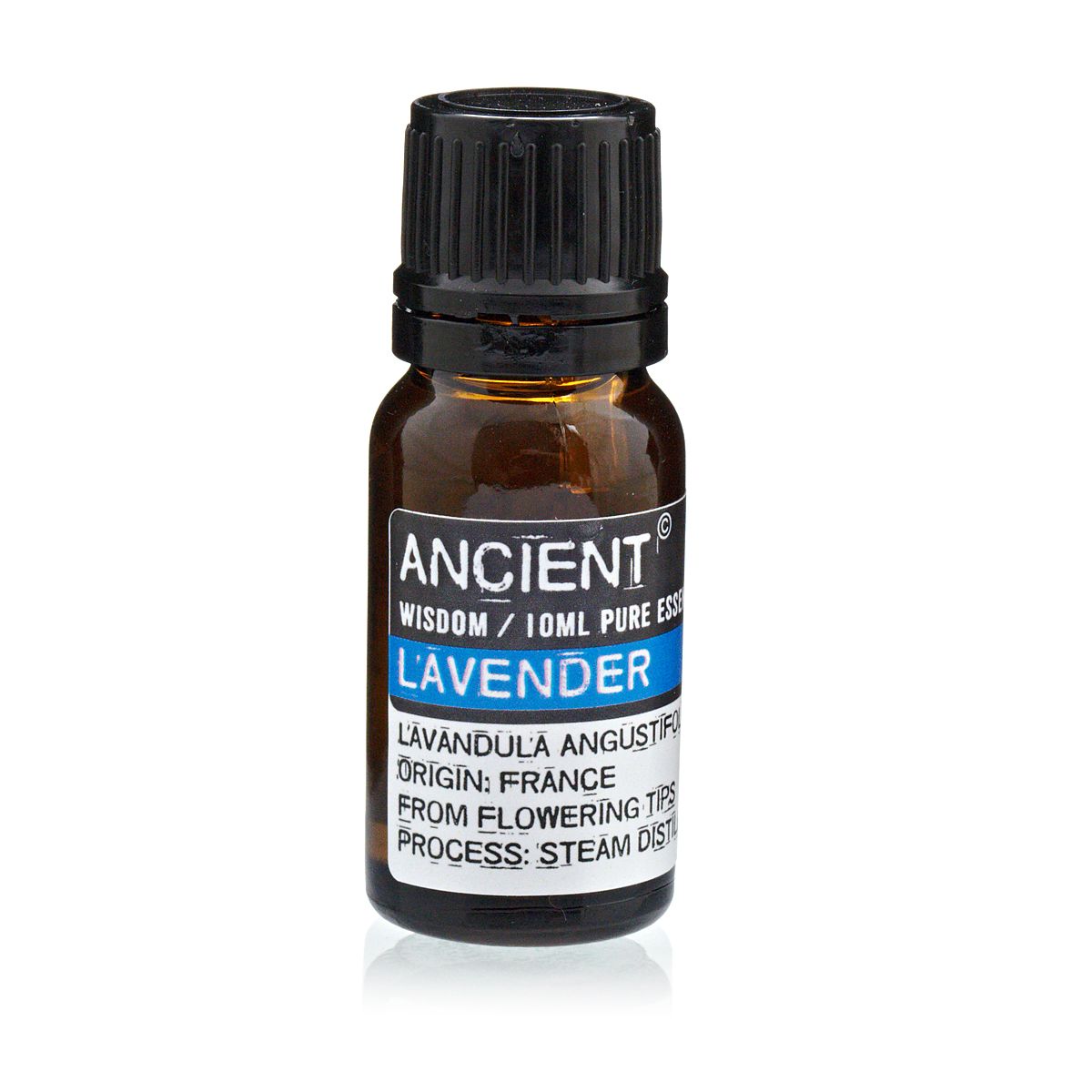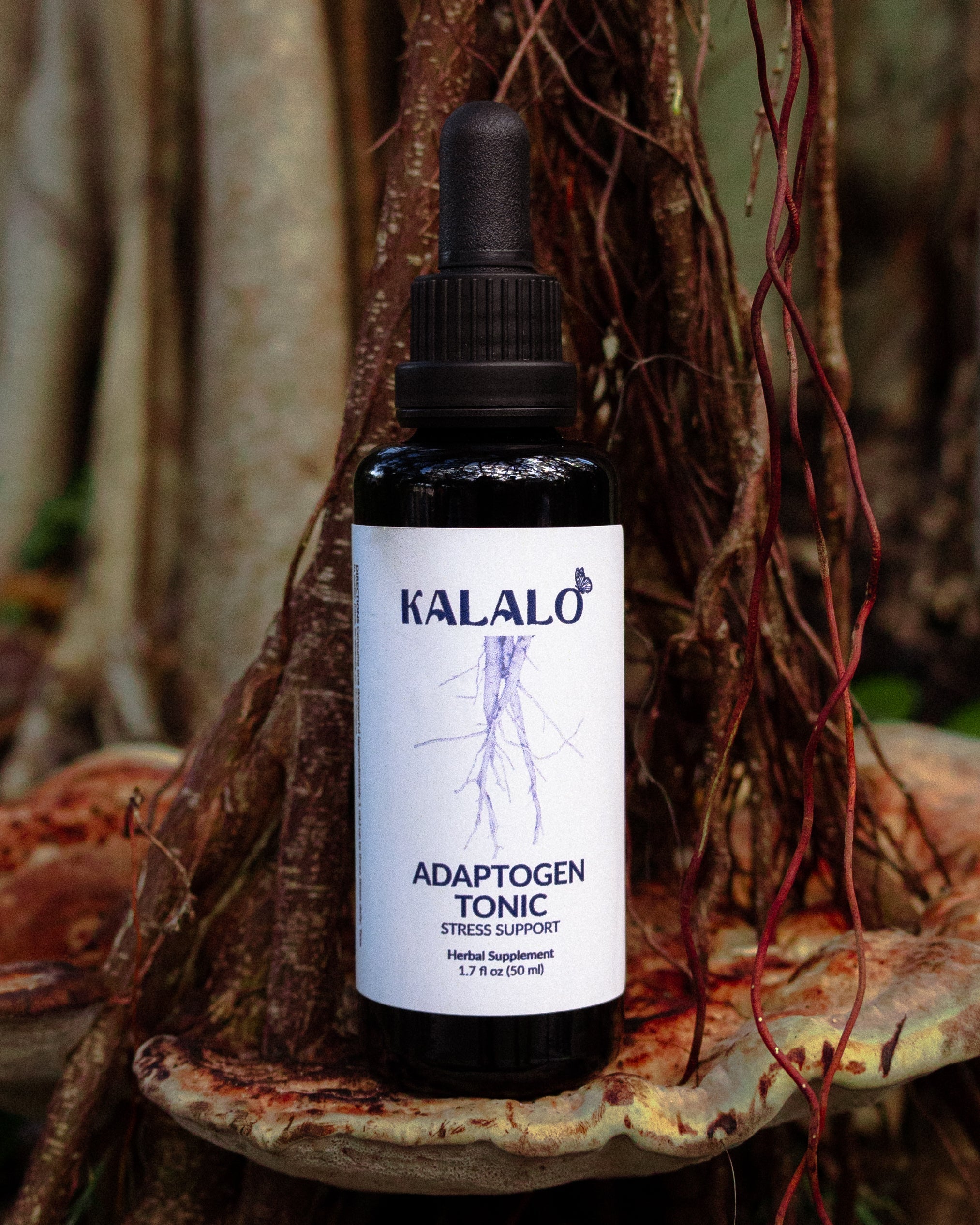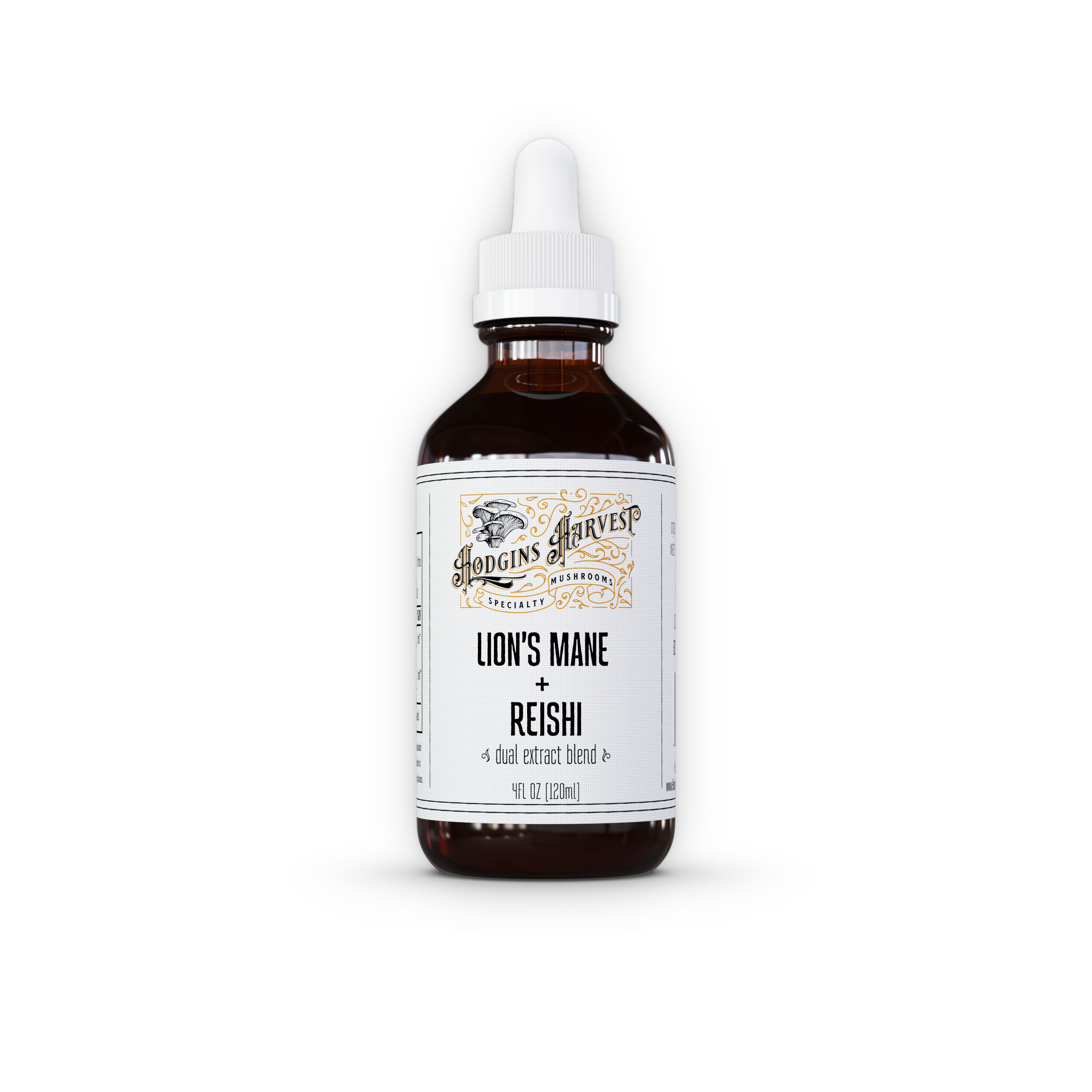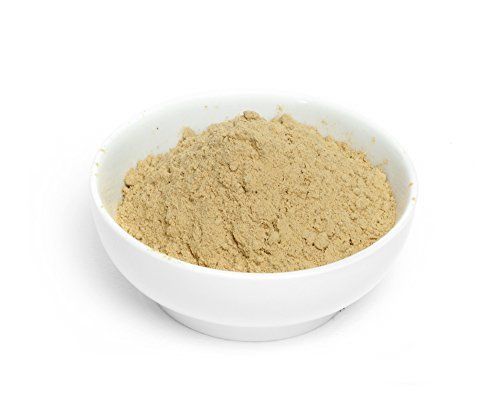
Attention Deficit Hyperactivity Disorder (ADHD) and Attention Deficit Disorder (ADD) are neurodevelopmental conditions characterized by persistent patterns of inattention, hyperactivity, and impulsivity. While medication and behavioral therapies are often primary treatments, emerging research indicates that certain nutrients and supplements can play a supportive role in managing symptoms and promoting brain health.
This comprehensive guide highlights key vitamins, minerals, fatty acids, adaptogens, and other nutraceuticals supported by scientific studies, with an emphasis on their potential to support attention, focus, mood stabilization, and neurodevelopment.
1. Omega-3 Fatty Acids (EPA and DHA)
Role:
- Essential for brain cell membrane fluidity and neurotransmitter transmission.
- Reduce neuroinflammation and support neuronal signaling.
Research Evidence:
- Multiple clinical trials (Journal of Clinical Psychiatry, 2018; JAMA Psychiatry, 2019) demonstrate that omega-3 supplementation, particularly EPA, can improve attention, hyperactivity, and executive functioning in children and adults with ADHD.
- A meta-analysis (Neuropsychopharmacology, 2019) concluded that omega-3s have a small but meaningful effect on ADHD symptoms, especially in reducing hyperactivity and improving focus.
Recommended Dose:
- 200–1000 mg EPA+DHA daily, tailored to individual needs and medical advice.
2. Zinc
Role:
- Modulates neurotransmitters like dopamine and serotonin, influencing attention and mood regulation.
- Supports brain development and immune function.
Research Evidence:
- Studies (Biological Psychiatry, 2009; American Journal of Clinical Nutrition, 2014) linked zinc deficiency to increased severity of ADHD symptoms.
- Supplementing with zinc has shown improvements in hyperactivity and impulsivity (Journal of Child and Adolescent Psychopharmacology, 2016).
Recommended Dose:
- 15–30 mg daily, preferably with medical supervision to avoid toxicity.
3. Iron
Role:
- Critical for dopamine synthesis, which influences attention and impulse control.
- Deficiency correlates with ADHD severity.
Research Evidence:
- Low ferritin levels have been associated with increased ADHD symptoms (Archives of Pediatrics & Adolescent Medicine, 2004).
- Supplementing iron in deficient children can reduce inattentiveness and hyperactivity (Pediatric Neurology, 2011).
Note:
- Iron supplementation should only be administered after testing and under medical supervision to prevent overload.
4. Magnesium
Role:
- Regulates nerve function and excitability.
- Supports relaxation and reduces hyperactivity.
Research Evidence:
- Some studies (Magnesium Research, 2010) report that magnesium supplementation may reduce hyperactivity and improve attention, especially in children with magnesium deficiency.
Recommended Dose:
- 200–400 mg daily, ideally from dietary sources like nuts, seeds, and leafy greens.
5. Vitamin B6 and B12
Role:
- Essential cofactors in neurotransmitter synthesis (dopamine, serotonin, GABA).
- Support energy metabolism and neural development.
Research Evidence:
- Some trials (American Journal of Clinical Nutrition, 2004) suggest B6, alone or with magnesium, can improve behavioral symptoms in children with ADHD.
Sources:
- B6 from bananas, avocados, chicken; B12 from animal-based foods or supplements.
6. L-Theanine
Role:
- An amino acid found in green tea that promotes relaxation without sedation.
- May improve focus and reduce anxiety.
Research Evidence:
- Preliminary studies (Journal of Clinical Psychiatry, 2019) indicate L-theanine can enhance attention and reduce stress in individuals with ADHD.
Dose:
- 100–200 mg daily, ideally combined with other calming agents.
7. Ginkgo Biloba
Role:
- Enhances cerebral blood flow.
- Has antioxidant and neuroprotective properties.
Research Evidence:
- Some studies (Human Psychopharmacology, 2010) report modest improvements in attention and cognitive speed.
Note:
- Ginkgo may interact with blood thinners; use under medical supervision.
8. Herbs and Adaptogens (e.g., Rhodiola, Bacopa Monnieri)
Role:
- Support mental clarity, reduce fatigue, and enhance stress resilience.
Research Evidence:
- Bacopa (Results in Neuropharmacology, 2014) improves memory and attention.
- Rhodiola (Phytomedicine, 2018) helps combat mental fatigue and improves mood.
9. Probiotics and Gut Health
Role:
- The gut-brain axis influences mood, cognition, and behaviour.
Supporting Brain Function and Managing ADHD/ADD Symptoms with Nutraceuticals
Emerging research underscores the importance of gut health, with probiotics potentially improving mood, attention, and behavior by modulating inflammation and neurotransmitter production. Incorporating probiotics or fermented foods like yogurt, kefir, and sauerkraut may complement other supportive strategies.
Dietary Recommendations for ADHD/ADD Support
In addition to supplements, dietary strategies can enhance brain health:
- Maintain a balanced diet rich in whole foods, emphasizing fruits, vegetables, lean proteins, and healthy fats.
- Limit processed foods, refined sugars, and artificial additives, which may exacerbate hyperactivity.
- Incorporate omega-3 rich foods like fatty fish (salmon, mackerel) and flaxseeds.
- Include foods high in zinc and iron—pumpkin seeds, red meats, spinach, and legumes.
- Ensure adequate hydration to support optimal cognitive function.
Lifestyle Activities to Promote Neuroregeneration and Symptom Management
Pairing nutraceuticals with specific activities can amplify therapeutic benefits:
- Regular physical activity: Exercise enhances neuroplasticity, increases BDNF levels, and improves mood and attention.
- Cognitive training and mindfulness: Mindfulness-based stress reduction, meditation, and cognitive exercises strengthen attention and executive functions.
- Consistent sleep routines: Quality sleep consolidates learning and promotes neural repair.
- Reduce screen time and environmental toxins: Minimizing overstimulation and exposure to neurotoxins supports overall brain health.
- Behavioral therapies: Techniques like cognitive-behavioral therapy (CBT) help develop coping skills and emotional regulation.
Conclusion: An Integrative Approach for Optimal Brain Support
Supporting brain healing and function in people with ADHD/ADD involves combining evidence-based nutraceuticals with lifestyle interventions and dietary choices. Supplementing with omega-3 fatty acids, zinc, magnesium, B-vitamins, and antioxidants like NAC or curcumin can address underlying neurobiological imbalances. Incorporating adaptogens and medicinal mushrooms such as Lion’s Mane further promotes neurogenesis and neural repair.
Want to optimize your cognitive health? Focus on a nutrient-rich diet, regular exercise, mental stimulation, and stress management—pairing natural therapies with lifestyle habits to promote lasting brain resilience.
Always consult with healthcare professionals—neurologists, dietitians, or integrative medicine practitioners—before starting new supplements or major dietary changes, especially if on medications or managing chronic health conditions.
Disclaimer:
This article provides general informational insights and should not replace personalized medical advice. Proper diagnosis and treatment plans should be developed with healthcare providers.
